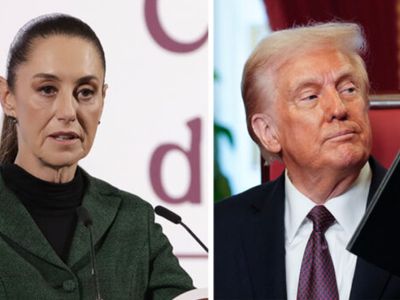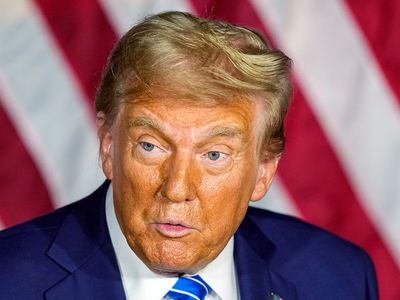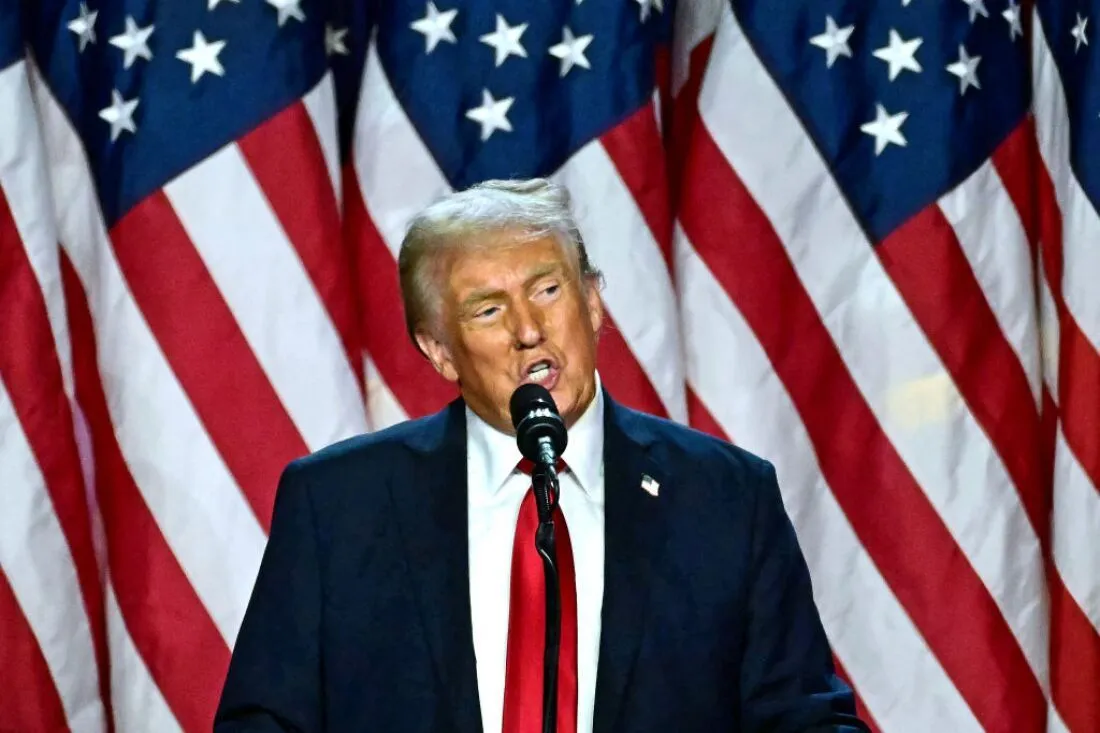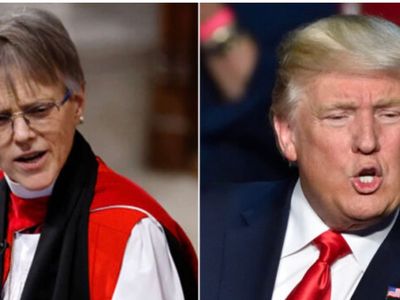Mexico’s president responds to Trump’s renaming of the Gulf of Mexico.
Donald Trump’s suggestion to rename the Gulf of Mexico as the "Gulf of America" has sparked widespread debate and drawn significant attention online. The proposal has generated mixed reactions, with some supporting the idea as a display of national pride, while others criticize it as unnecessarily provocative and potentially harmful to international relations.
The controversy began when Trump signed an executive order aimed at “restoring names that honor American greatness.” This initiative, intended to emphasize the nation's achievements, quickly attracted backlash for its perceived insensitivity toward Mexico and other countries bordering the Gulf.
The executive order claims that renaming landmarks is “in the national interest to celebrate the extraordinary heritage of our Nation.” It further asserts that these changes will help future generations appreciate the legacy of America’s heroes by ensuring that the names of natural wonders and historic landmarks reflect the contributions of patriotic and visionary Americans.
Among the renaming proposals included in the order was restoring the name of North America’s highest peak to "Mount McKinley," in honor of President William McKinley. The document also put forth the suggestion of rebranding the Gulf of Mexico as the "Gulf of America."
In the executive order, Trump elaborated on the rationale behind the Gulf renaming proposal, stating: “The Gulf plays a critical role in the prosperity of our nation and the global economy. To recognize its immense contribution to America’s economic growth and its importance to our citizens, I am directing that it be officially renamed the Gulf of America.”
However, the proposal did not sit well with Mexico’s President, Claudia Sheinbaum, who publicly rejected the idea. Speaking through DW, she remarked, “He says it will be called the ‘Gulf of America’ on its continental shelf. For us, it remains the Gulf of Mexico, and for the rest of the world, it is still the Gulf of Mexico.”
The Gulf of Mexico holds more than just geographical significance; it is deeply tied to centuries of history, cooperation among nations, and shared economic interests. It is a crucial area for industries like fishing, oil production, and international trade. Because the Gulf’s waters are shared by the United States, Mexico, and Cuba, any renaming effort would likely require extensive diplomatic negotiations and adherence to international agreements governing territorial waters.
Critics of the renaming proposal have voiced serious concerns about its broader implications. One political analyst described the initiative as “an unnecessary disruption to historical and cultural bonds, all in the name of hyper-nationalism.” Others have argued that efforts should instead focus on addressing the Gulf’s pressing environmental challenges, such as oil spills, overfishing, and the ongoing impacts of climate change.
During a public event where Trump announced the renaming idea, a moment of levity occurred when former Secretary of State Hillary Clinton was seen laughing, with footage of her reaction quickly going viral on the social media platform X. Her response seemed to capture the skepticism many feel toward the proposal.
Supporters of the renaming effort, however, argue that the gesture could symbolize American strength, independence, and a renewed focus on national pride. They see it as a bold move to reassert the nation’s identity in a global context.
Though the renaming remains speculative and unlikely to materialize without substantial international agreements, the idea has fueled broader discussions about the nature of patriotism, the power of symbolism, and the ways in which nations choose to shape their identities on the global stage. Whether seen as an act of pride or provocation, the proposal has certainly ignited a spirited debate.
Hillary laughing at Trump announcing he’s renaming the Gulf Of Mexico to the Gulf of America 😂 pic.twitter.com/UWypR7d8vb
— Adam (@AdamJSmithGA) January 20, 2025








